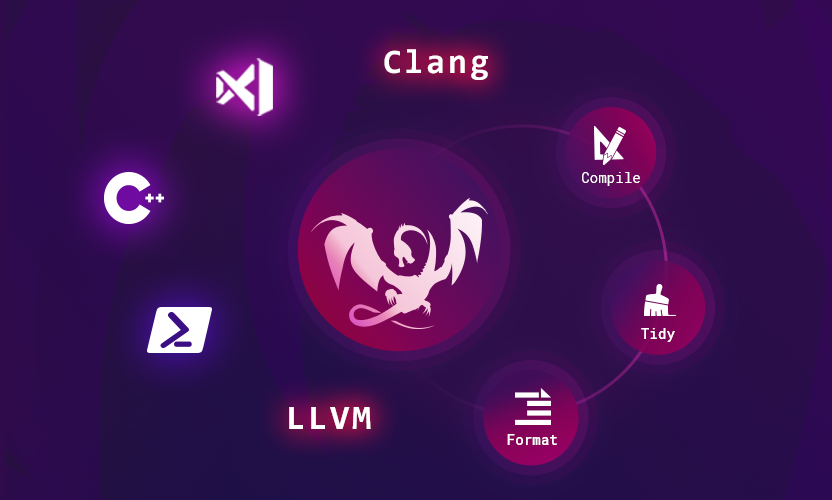Cling -- Beyond Just Interpreting C++--Vassil Vassilev, Wim Lavrijsen, Alexandru Militaru
New tools.
Cling -- Beyond Just Interpreting C++
by Vassil Vassilev, Wim Lavrijsen, Alexandru Militaru
From the article:
In our previous blog post “Interactive C++ for Data Science” we described eval-style programming, interactive C++ in Notebooks and CUDA. This post will discuss some developed applications of Cling supporting interoperability and extensibility. We aim to demonstrate template instantiation on demand; embedding Cling as a service; and showcase an extension enabling on-the-fly automatic differentiation...


 Were you using them?
Were you using them?